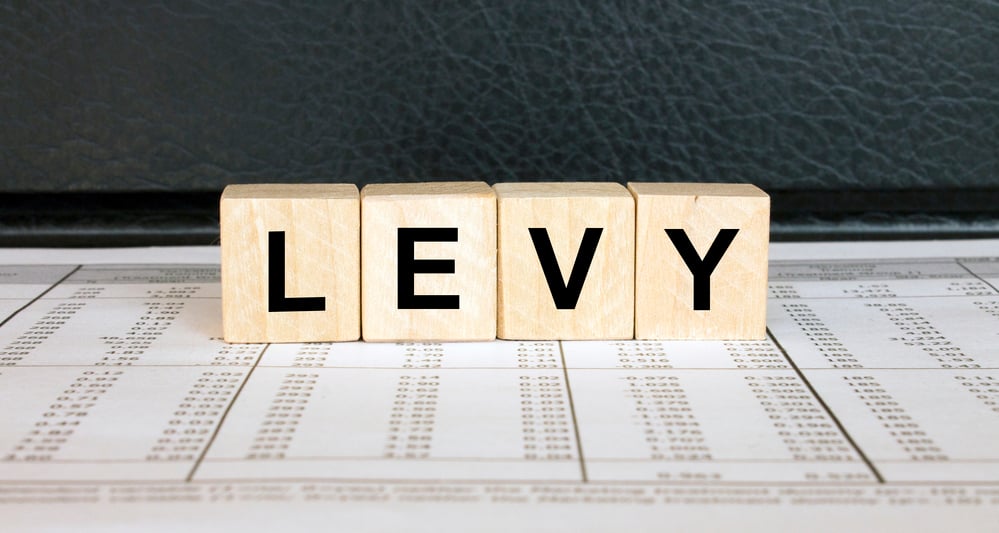
Editor’s Note: This post was originally published in December 2011 and has been updated for accuracy and comprehensiveness.
If you're behind on your taxes, you've likely heard the term "tax levy" thrown around—but what does it actually mean, and how could it impact you?
What is a Tax Levy?
A tax levy is the government’s way of seizing your property or assets to settle a tax debt you owe. This can be a serious situation, but there are steps you can take to handle it.
Here’s what you need to know about tax levies:
What Happens During a Tax Levy?
A tax levy gives the IRS (or state tax authority) the power to take certain assets to pay off your tax debt. We're talking about things like:
- Bank accounts: Your money can be frozen and seized after a short holding period.
- Wages: The IRS can garnish your paycheck, meaning a portion of your wages goes directly to them.
- Property: Real estate, cars, and other personal property can be taken.
- Retirement Accounts: In certain cases, even your retirement savings could be tapped.
- Social Security: Even your Social Security benefits could be garnished up to a certain percentage.
How Does the Process Work?
Here’s the usual order of events if you’re facing a tax levy:
- Notice and Demand for Payment: The IRS will notify you of the taxes you owe and request payment.
- Final Notice of Intent to Levy: If you don’t respond or pay up, you’ll receive a final notice 30 days before the levy begins.
- After that 30-day period, the IRS can legally start seizing your assets to cover the debt.
How Can You Stop a Tax Levy?
If you’ve received a levy notice, you’re not out of options. Here’s what you can do to stop it:
- Pay the Debt: Obviously, this is the most straightforward way to avoid a levy. Even if you can’t pay the full amount, setting up an Installment Agreement with the IRS can stop the levy.
- Prove Financial Hardship: If a levy would create a serious financial strain, you can argue financial hardship. If accepted, the IRS may release the levy.
- Appeal the Levy: You also have the right to dispute the levy through a Collection Due Process (CDP) hearing. This can be helpful if you believe the levy is unjust or if you have grounds for an appeal.
What Happens if You Ignore It?
Ignoring a tax levy can lead to some serious consequences. The government can seize your bank account, garnish your wages, or even take your property. This can have a huge impact on your financial stability, so it’s not something to take lightly.
Get Help
Facing a tax levy can be overwhelming, but you don’t have to do it alone. Tax professionals, like Top Tax Defenders team, can negotiate with the IRS on your behalf, help you understand your rights, and work to get the levy removed or reduced. We have decades of experience doing this and will provide a free consultation to see if we can help with your case.
Taking action quickly can prevent the worst outcomes, so don't wait if you receive a levy notice. Understanding the process and knowing your options is key to protecting yourself and your finances.




